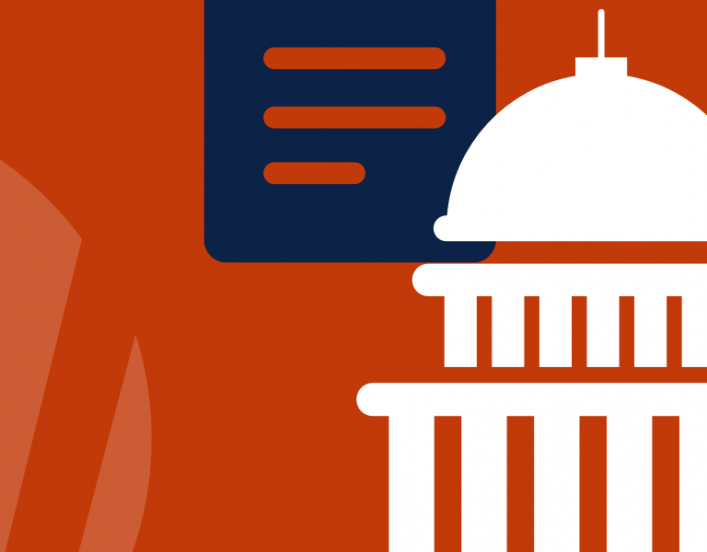How to Make Paying Off Student Debt as Painless as Possible

Overcoming Your Student Debt
Student loan debt keeps millions of graduates from being able to build savings, buy a home or get ahead in life, and this is particularly true for women. In fact, an AAUW research report found that women hold nearly two-thirds of the nation’s $1.54 trillion in student loan debt, with Black women finishing their undergraduate education with even more debt to repay than average. “It goes without saying that the racial and gender wage gap is real, and that doesn’t help once you finally graduate and you need to start making payments,” said Anna N’Jie-Konte, MBA, CFP, founder of Dare to Dream Financial Planning.
The news isn’t all dire, though. With some thoughtful planning, there can be ways to make your student debt payments less painful.
- Understand your aid options. If you’re just still in school and need help with funding, be sure to apply for federal and state financial aid. Unfortunately, a National Center for Education Statistics study found that 38 percent of applicants either didn’t even know FAFSA aid existed or didn’t have the information they needed to complete it, while another 60 percent assumed that they wouldn’t receive any aid or that they’d only receive loans, not grants. “When students don’t apply, they often wind up leaving money on the table without even knowing it,” said Christopher Nellum, Ph.D., interim Executive Director of The Education Trust-West, a nonprofit educational justice organization focused on closing achievement and opportunity gaps.
- Get organized. Student loan payments are burdensome enough, so you certainly don’t want to add fees for missed or under payments. To avoid these, “you need to understand what different types of student loans you have — along with the balance, repayment stipulations and interest rate on each — so that you make a sound repayment plan you can stick with.” Aim to pay off high-interest loans first: This will lower the amount of interest you pay over the life of the loan, which saves you money in the long run.
- Consider autopay. Most federal lenders, as well as some private ones, allow you to arrange for your payments to be automatically sent from your bank account instead of you sending them manually each month. And many lenders actually encourage this by offering small rate discounts for autopay plans. This is a great way to ensure you’ll never miss a payment deadline, but you need to be sure that you have the money in your account when the payment is do so you won’t incur overdraft fees.
- Pay extra if you can. Arguably one of the best ways to decrease the burden of student loans is to pay them off as quickly as you can. So consider making making extra or higher payments if possible. Whether that means increasing your monthly payments by $20 or devoting any bonuses, raises or cash gifts towards the loan, every little bit helps. Switching to bi-weekly payments — rather than monthly — also eventually adds up to one whole extra payment each year. With any of these strategies, be sure to check with your loan company to make sure the extra payments are going towards the principal of your loan, and not just the interest.
- Consider refinancing. If you have private loans with an interest rate higher than four percent, consider refinancing, said N’Jie-Konte. Refinancing with a lower interest rate could save you money in your monthly payments, but be sure you understand the terms, and be cautious about anything that would extend your repayment terms by a long amount. If you make your payments smaller by stretching out the length of the loan, you’ll likely end up paying more in interest.
- Get money savvy. This is a great time to begin to master your personal finances so you can develop a financial fluency that will serve you well throughout your life. Seek out classes, programs or online courses to help you learn how to set up and stick to a budget, make the most of your income and get smarter about your debts, including student loans. The more you know about how to manage your money, the better positioned you will be to get out of debt and to build a nest egg.
– Cheryl Lock


